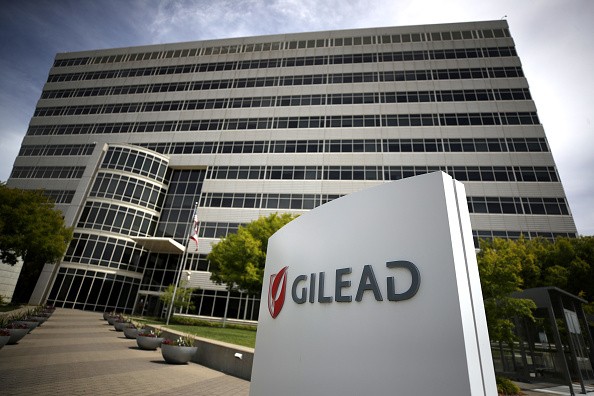WHO Disapproves Use of Remdesivir to Treat Severely-Ill COVID-19 Patients
The World Health Organization (WHO) recommended against using Gilead's Remdesivir in treating hospitalized COVID-19 patients.

Gilead's antiviral drug Remdesivir was first thought to help reduce the death rate of hospitalized COVID-19 patients.
The U.S. Food and Drug Administration even granted the company the emergency use authorization but this contradicts the findings of WHO's recent study.
Recently, the World Health Organization recommended doctors to not use Gilead's Remdesivir to treat hospitalized COVID-19 patients with severe symptoms.
These severe COVID-19 symptoms include shortness of breathing, and most patients needed ventilators and serious medical attention.
Lack of evidence of Remdevisir's effectiveness
A panel of WHO-convened experts developing COVID-19 treatment guidelines said in The BMJ medical journal that there is currently no evidence that would prove Remdesivir as a drug that improves the survival rate of COVID-19 patients.
WHO's recommendation to the doctors and health experts is a big blow to Gilead's drug. It was first thought that Remdesivir will be a game-changer for hospitalized COVID-19 patients or those who are in the Intensive Care Unit.
In fact, the drug has been widely used across the U.S. and one of those who received Remdesivir was Pres. Donald Trump when he tested positive for the virus in early October.
Moreover, experts made the recommendation after the results of WHO's global trial.
FDA approved Remdesivir despite WHO's warnings
WHO found out that Remdesivir, along with other drugs, did not reduce deaths. The international health organization also reviewed three other global trials and they found out that these drugs do not have a meaningful effect to improve the conditions of the patients.
Results of the Solidarity global trial of the WHO were published on Oct. 15, but despite the organization's warning, the Food and Drug Administration approved to use of the drug a week later.
They based their decision on the results of the trial facilitated by the National Institutes of Health that showed Remdesivir reduced hospitalized patients' recovery time by five days.
However, despite the recommendation from the WHO, the U.S. FDA said in its review that there were no issues identified that would benefit from the discussion by a panel of outside advisers.
Typically, the FDA convene an independent panel to decide either to approve a drug in situations where there are arising questions from clinical trial data.
Meanwhile, Gilead's Remdesivir is also known by its brand name "Veklury" and the FDA granted the company with an emergency use authorization in May. In August, Gilead requested the full approval of the drug.
On the other hand, the European Commission granted the drug conditional authorization in July based on the U.S.-led clinical trial.
WHO wrote to the BMJ and clarified that their findings should not be interpreted to mean that the drug is ineffective, but that there is no evidence based on currently available data that it does improve patient-important outcomes, according to a published report in Bloomberg.
Subscribe to Latin Post!
Sign up for our free newsletter for the Latest coverage!
© 2025 Latin Post. All rights reserved. Do not reproduce without permission.














